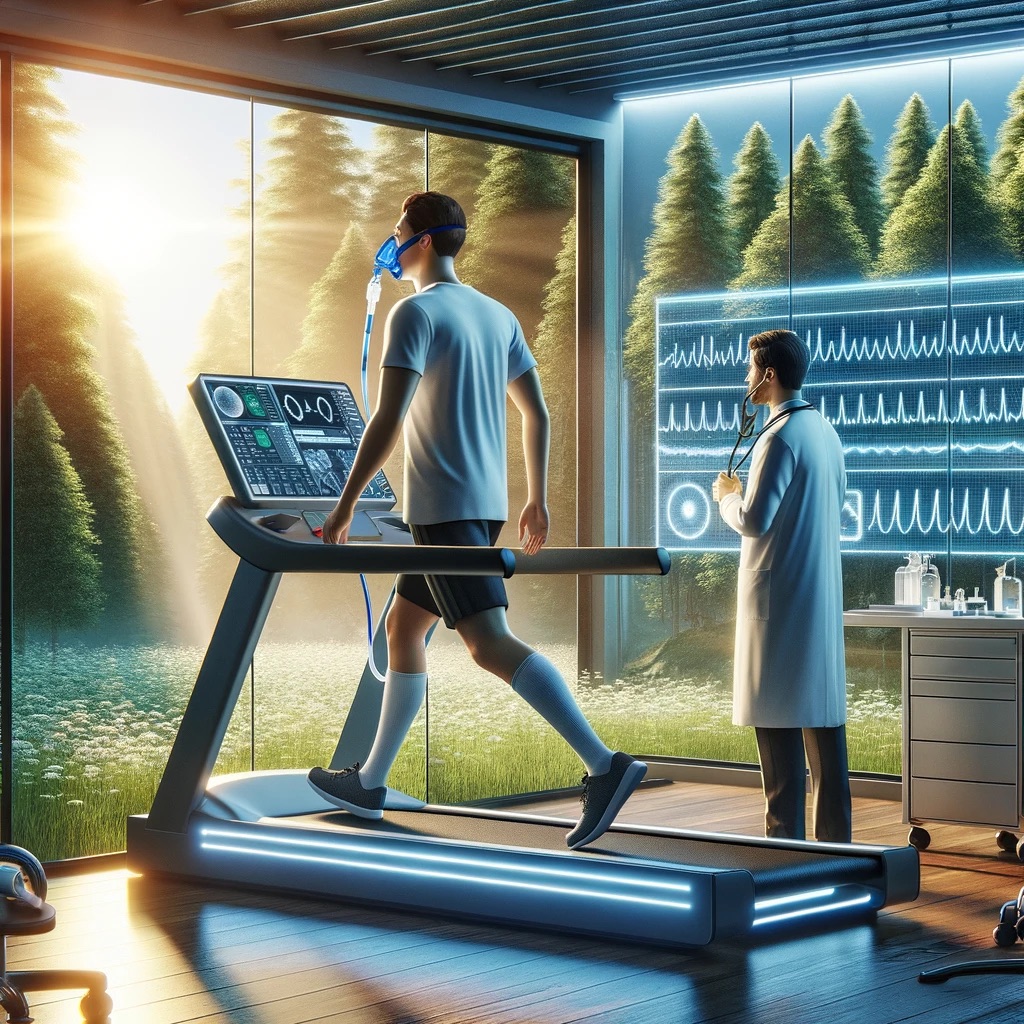The Healthcare Revolution: Outside-In, Not Inside-Out
The Healthcare Revolution: Outside-In, Not Inside-Out

Jan De Backer, PhD, MBA
In the annals of transformative innovation, a recurring theme is evident: radical change seldom originates from the core of an entrenched system. Take, for instance, the transportation sector – Uber disrupted the taxi industry, yet it didn’t emerge from the yellow cabs of NYC. Similarly, Tesla redefined the automotive industry, not as an offshoot of Ford or GM, but as a distinct entity driven by a different ethos.
This pattern of external disruption provides a crucial lens through which to view the healthcare industry. Traditional healthcare systems, characterized by legacy processes and a resistance to radical change, are unlikely to be the birthplace of groundbreaking innovation. The notion that seismic shifts in healthcare could emanate from within its existing framework is, at best, optimistic and likely incorrect. Historically, large systems display a propensity for incremental improvement whenever it serves their own (financial) needs, but radical innovation with the aim to optimize clinical outcome rather than billing? That’s a different ball game.
The implication here is clear: the future of healthcare innovation is likely to be driven by forces outside the traditional healthcare system. And the spearhead of this movement? Technology. We are on the precipice of a healthcare transformation, one that necessitates the construction of an external system built around technological innovation. Think artificial intelligence, telemedicine, personalized medicine – tools that could democratize healthcare, enhance diagnostic accuracy, and revolutionize treatment methodologies.

The paradigm shifting Uber app was not developed by the NYC yellow cab system but disrupted the system from outside
However, this shift isn’t just about technology; it’s also about people – specifically, medical doctors. The future portends a scenario where doctors will increasingly find their place not within the walled gardens of traditional healthcare institutions but in the open, collaborative spaces of tech companies. The role of the medical professional is evolving, necessitating a symbiotic relationship with technology and those who wield it.
This evolution signifies a radical shift in the dynamics between medical practitioners and the tech industry. Instead of tech companies attempting to sell their latest software solutions to doctors and hospitals, we are moving toward a model where doctors are integral to the tech industry, working within it to drive healthcare innovation.
This is a convergence of expertise – medical prowess meets technological acumen – creating a fertile ground for revolutionary ideas and solutions.
If history and patterns are anything to go by, the next big leap in healthcare will likely come from outside its traditional domain. It will be driven by technology, and it will require a new breed of medical professionals – ones who are as comfortable with a silicon chip as they are with a stethoscope. The healthcare revolution will be televised, and it will be coded.

